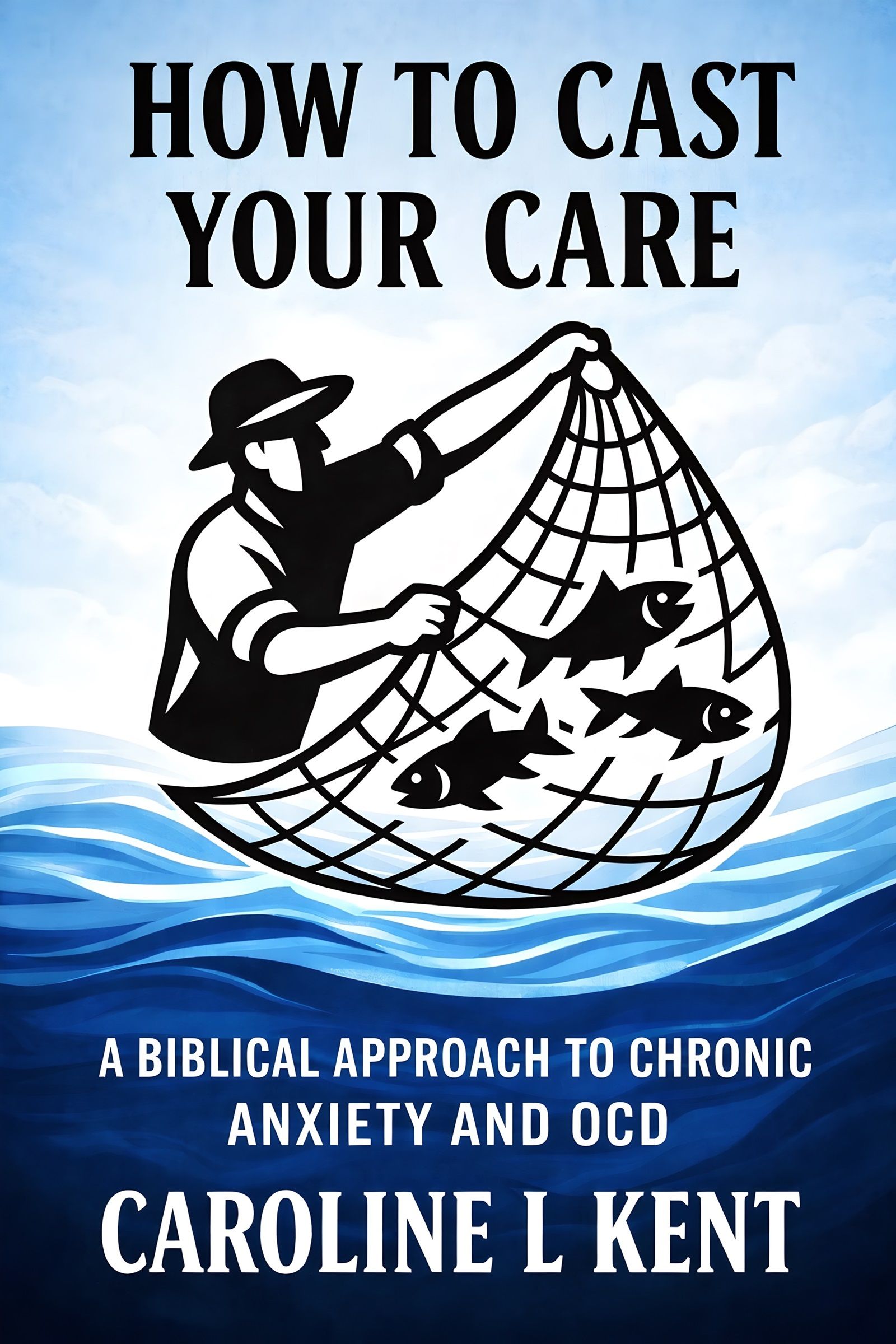Addiction
Introduction
Addiction, in Baxter’s time, was most often spoken of in terms of drunkenness, gluttony, or enslaving appetites. He describes it as a sinful bondage to bodily desire that steals the heart from God and enthrones the belly or the bottle as a false god. Addiction is not only in the outward act, but in the inward affection: when the will is captive to appetite, the person is already reputatively a drunkard or glutton in the sight of God . Baxter warns that such habitual enslavement is both idolatry and self-destruction, deforming reason, damaging health, grieving the Spirit, and leading toward eternal ruin.
Scripture Focus
“All things are lawful unto me, but all things are not expedient: all things are lawful for me, but I will not be brought under the power of any.” (1 Corinthians 6:12, KJV)
“Woe unto them that rise up early in the morning, that they may follow strong drink; that continue until night, till wine inflame them!” (Isaiah 5:11, KJV)
“Be not among winebibbers; among riotous eaters of flesh.” (Proverbs 23:20, KJV)
“And be not drunk with wine, wherein is excess; but be filled with the Spirit.” (Ephesians 5:18, KJV)
List of Relevant Scriptures
- Proverbs 23:21 – The drunkard and the glutton shall come to poverty.
- Habakkuk 2:15 – Woe to him that giveth his neighbour drink.
- Romans 13:13 – Let us walk honestly… not in rioting and drunkenness.
- Galatians 5:21 – Drunkenness and revellings exclude from inheriting the kingdom.
- Philippians 3:19 – “Whose god is their belly… who mind earthly things.”
- 1 Peter 4:3–4 – The time past suffices for lusts, drunkenness, revellings.
- Titus 2:11–12 – Grace teaches us to deny ungodliness and worldly lusts.
Overview of the Biblical Teaching on This Issue
Scripture teaches that addiction, whether to food, drink, or pleasure, is slavery to sin. To be “brought under the power” of any appetite is to forsake the freedom of Christ. The Bible consistently contrasts the drunkard, the glutton, and the idolater with the Spirit-filled, self-controlled believer. Addiction is idolatry of the flesh, exchanging God’s glory for sensual delight. God calls His people to sobriety, temperance, and to find joy not in intoxicants but in His Spirit.
Pastoral Guidance
Baxter’s Counsel:
- On the nature of drunkenness: Baxter defines it broadly: “He is a drunkard… who would drink too much if he had it, and is not restrained by his will, but by necessity” . The heart given to appetite is already guilty before God.
- On gluttony: Gluttony is “a voluntary excess in eating, for the pleasing of the appetite or some other carnal end” . Even when one refuses to abstain for the sake of health, fasting, or duty, such stubborn indulgence is a degree of gluttony.
- On the seriousness of addiction: He calls it idolatry—“gluttons are commonly, and well called belly-gods… that love, care, delight, and diligence which God should have, is given by the glutton to his belly and throat” .
- On the deceits of addiction: Baxter warns that sensualists deceive themselves by imagining drink gives them “true alacrity,” when it only paints over the soul with counterfeit joy, like “paint from beauty, or as a fever from natural heat”.
- On remedies:
- Mortify the appetite through self-watchfulness and discipline.
- Use reason and God’s Word as the governor of sense.
- Remember the shame and judgment of those “whose god is their belly.”
- Seek lawful recreations, holy duties, and the joy of God’s Spirit as the true alternative.
Further Reading
- Richard Baxter, A Christian Directory, Part I, “Directions against Gluttony and Drunkenness” .
- John Owen, Of the Mortification of Sin (on killing sinful habits at the root).
- Thomas Brooks, Precious Remedies against Satan’s Devices (on overcoming temptations to sensuality).
- Jonathan Edwards, Charity and Its Fruits (section on temperance and self-denial).





